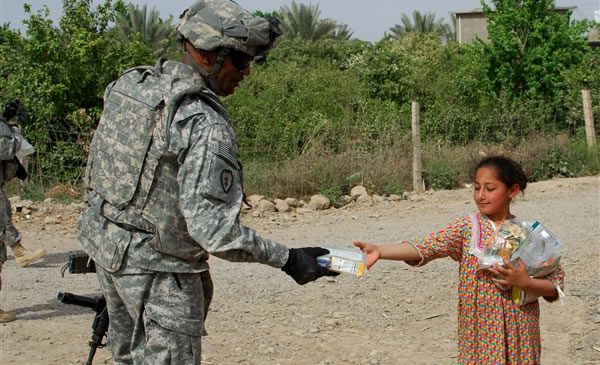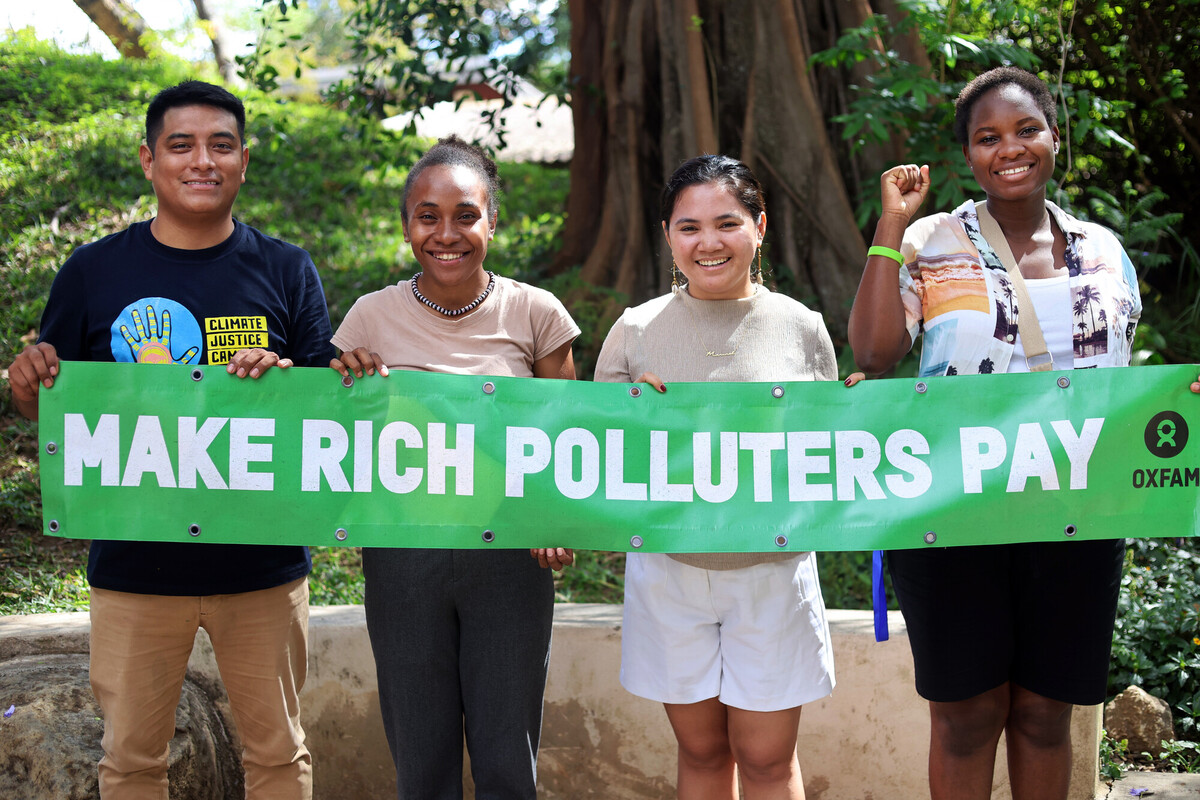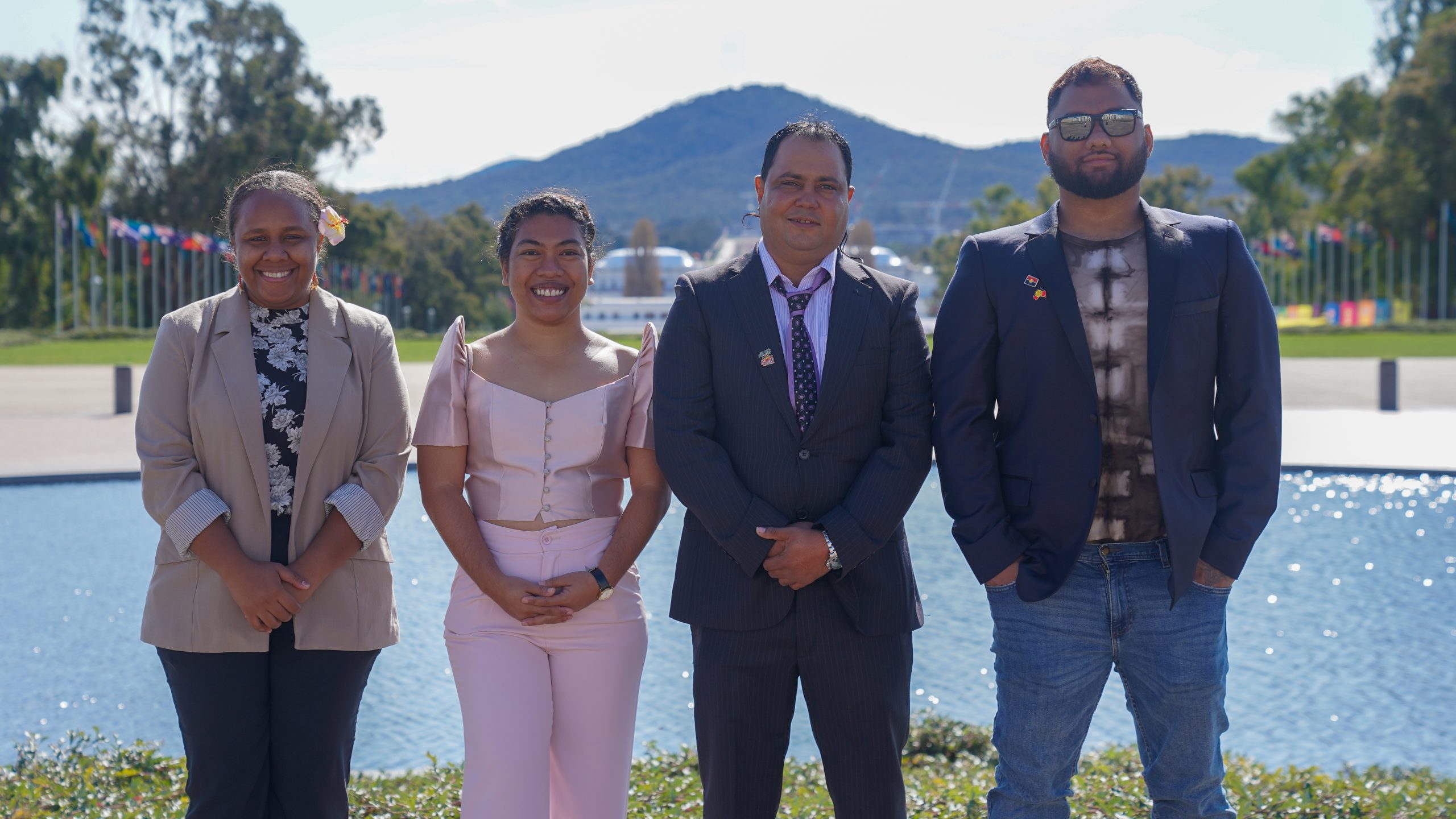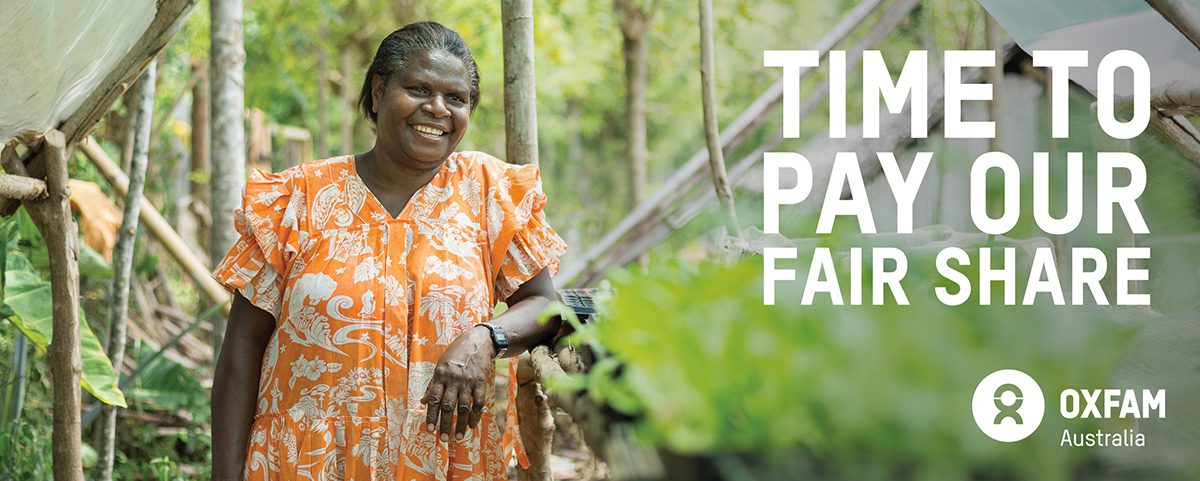Today Oxfam published a report that looks at a worrying trend we’re seeing in international assistance: the militarization and politicisation of aid.
The report “Whose aid is it anyway?” looks at how key donors are now going down the route of allocating aid dollars heavily based on their military, security and geopolitical interests. It also looks at how donors are too often spending aid on security-driven projects that have proved expensive, ineffective and sometimes dangerous for their intended beneficiaries.
The report gives lots of examples of the ways in which international assistance is being heavily skewed towards military and security interests. For example, since 2001, more than 40% of the total $17.8bn increase in development aid from the OECD donors has gone to just two countries – Afghanistan and Iraq – with the remainder shared out between around 150 countries.
By looking at US policies since the 11 September 2001 attacks, Australia’s new aid priorities or recent events in Haiti, the report makes the simple point that decisions on how aid is spent – in conflicts, stable countries, and within countries – should aim principally to maximise the reduction of poverty or humanitarian need, NOT military or national security objectives.
The paper draws on our long experience in development work in countries from Afghanistan and Yemen to Kenya and Haiti.



